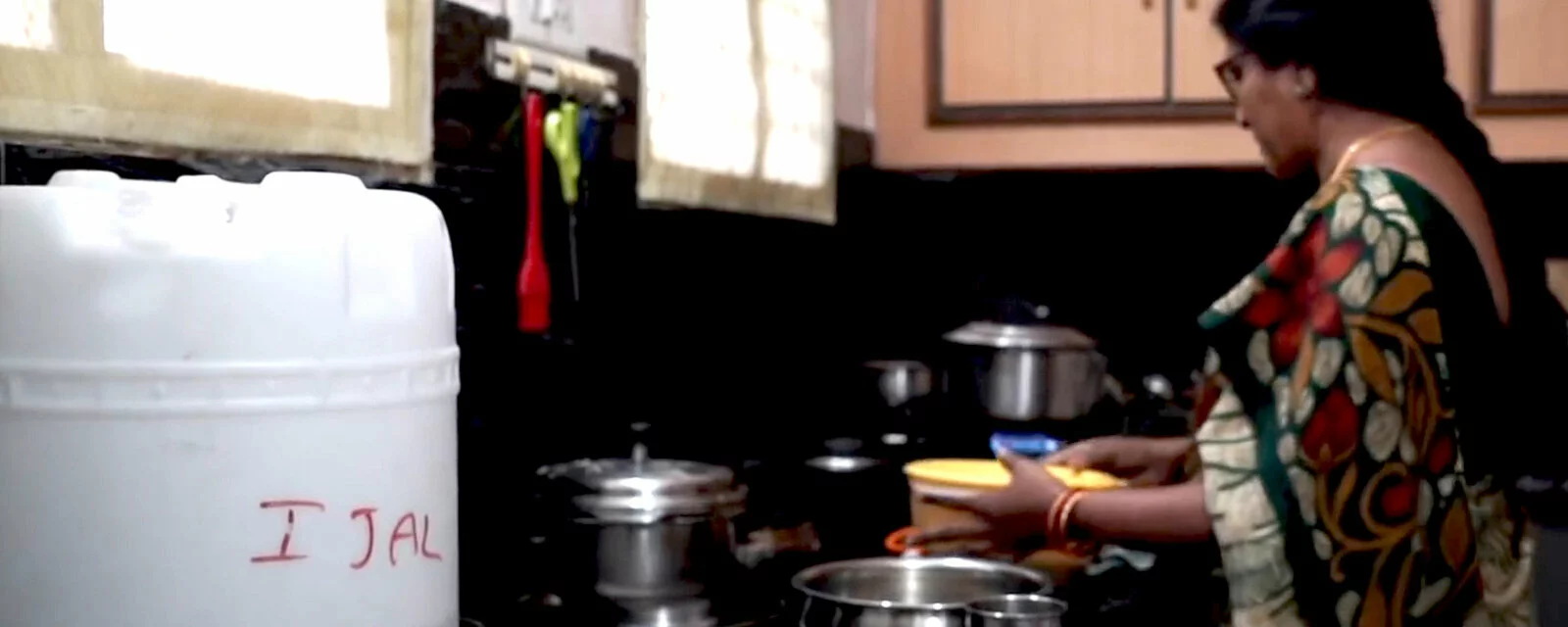Water Aunties Transforming Lives in India
Over 600 million people across India lack access to safely managed water. Women owner/operators of Safe Water Network’s iJal stations play a critical role in their local communities, as advocates and educators for sustainable safe water usage.
Safe Water Network and the India-based NGO MARI have been training and supporting women in community management of safe water supply now for more than a decade. This training builds capacity, technical expertise, and management skills so that safe water continues to flow to all members of the community. These female owner/operators are known colloquially as “Water Aunties” because of their hands-on approach to promoting the benefits of safe water usage.
“Water is available to us all the time,” says Radhika, a resident of Rangashaipet. “I want to thank Mrs. Padmaja for all that she has done for our village. iJal water is affordable and always reliable, even during COVID, iJal water was available.”
Radhika’s village is in central India’s State of Telengana and has a population of 5,000 people. Safe Water Network supports over 300 such communities across the region.
“Nearly 30% of our iJal stations are overseen by women,” says Poonam Sewak, Trustee and VP of Program and Partnerships for Safe Water Network in India. “We know how important the water aunties are to their communities and our role is to provide them with the tools and training needed to keep iJal stations up and running.”
According to Ravi Sewak, India Country Director for Safe Water Network, “Women bear the brunt of the household responsibility for ensuring water is in the home. They spend an inordinate amount of time fetching water. Our female entrepreneur program changes that time wasted fetching water into a job that makes a significant impact on the entire community.”
“Before, I was a housewife, now everyone knows me as the ‘iJal water auntie.”
– Mrs. Padmaja, Rangashaipet iJal Station Operator
